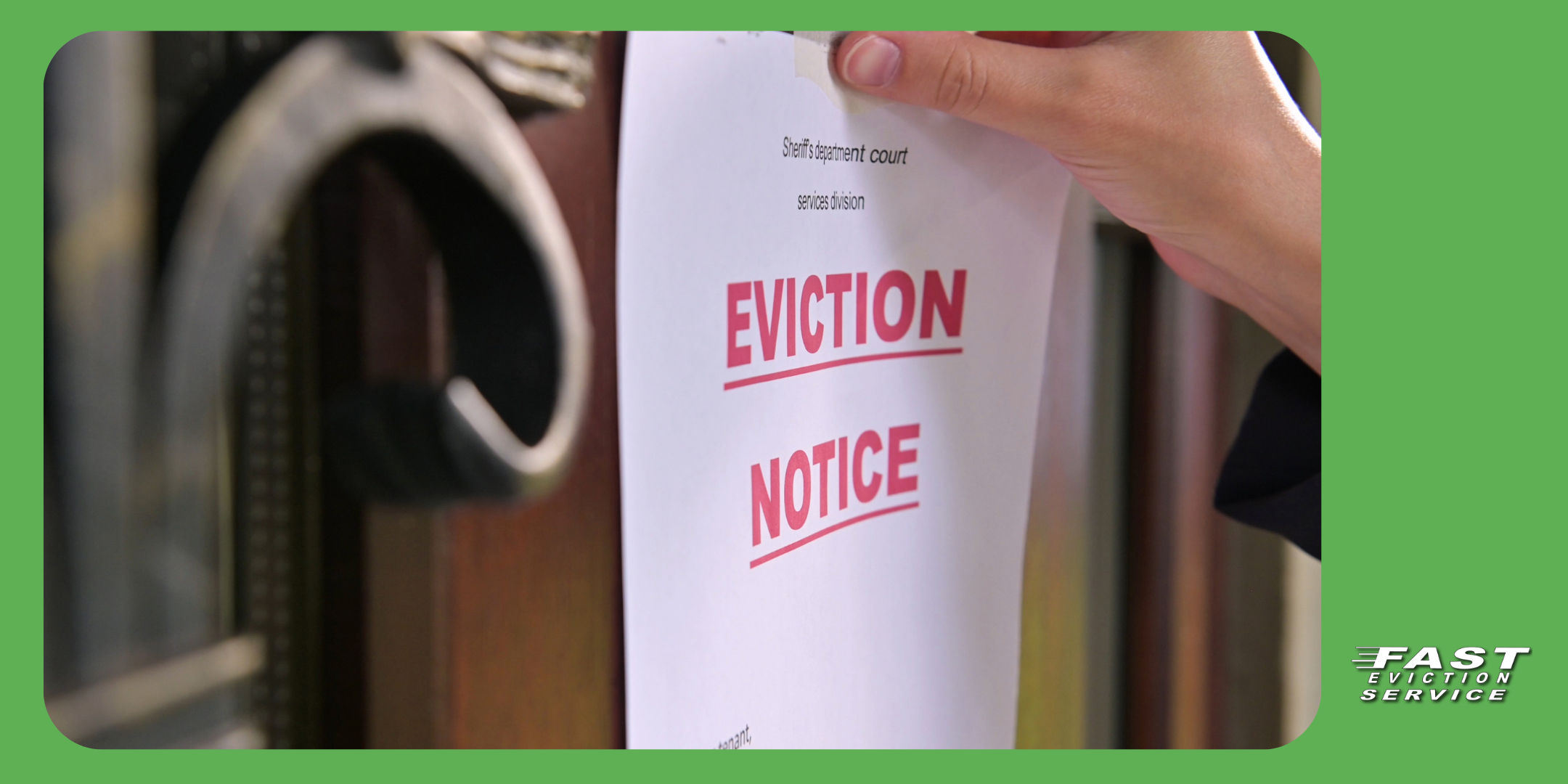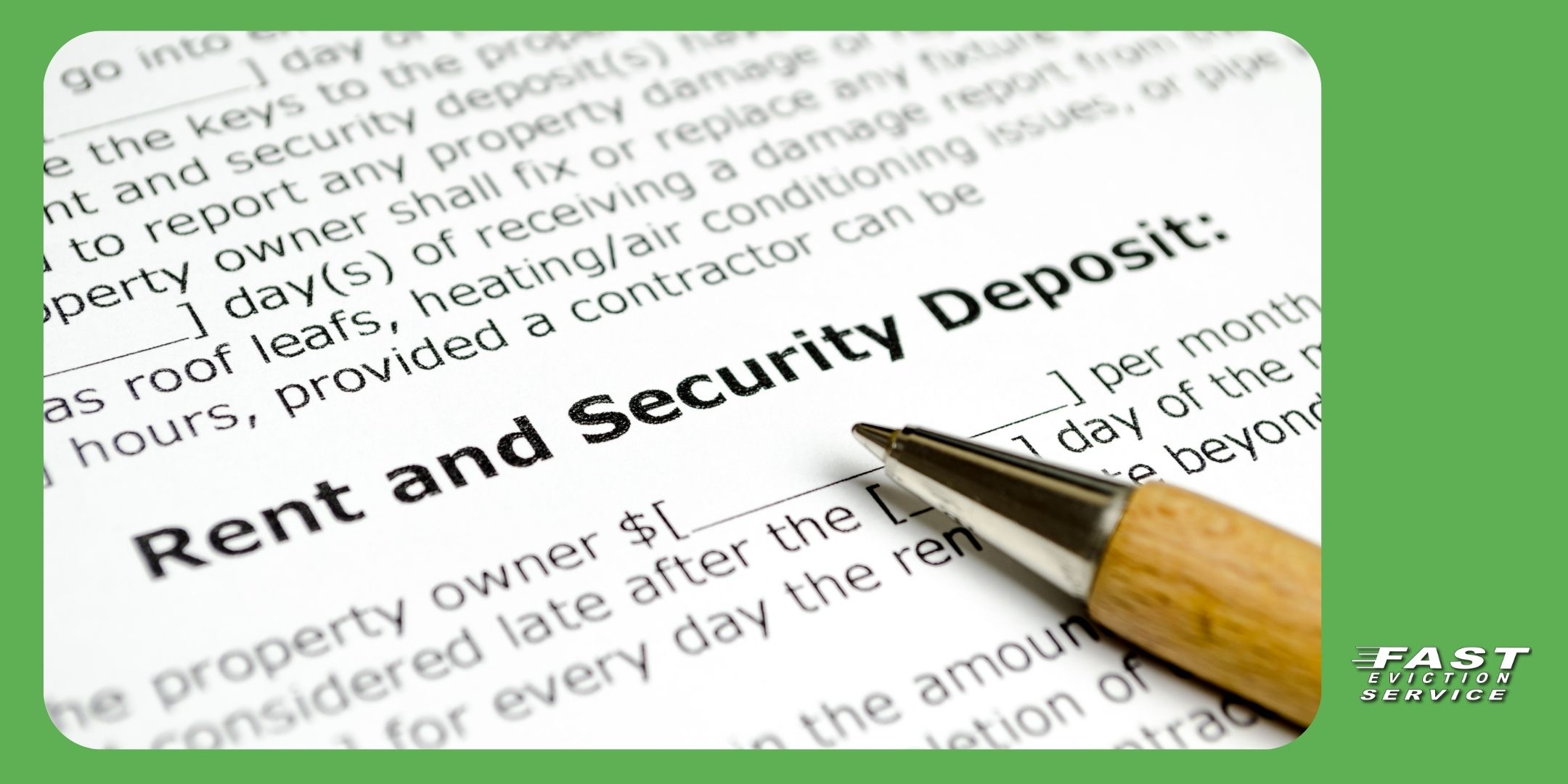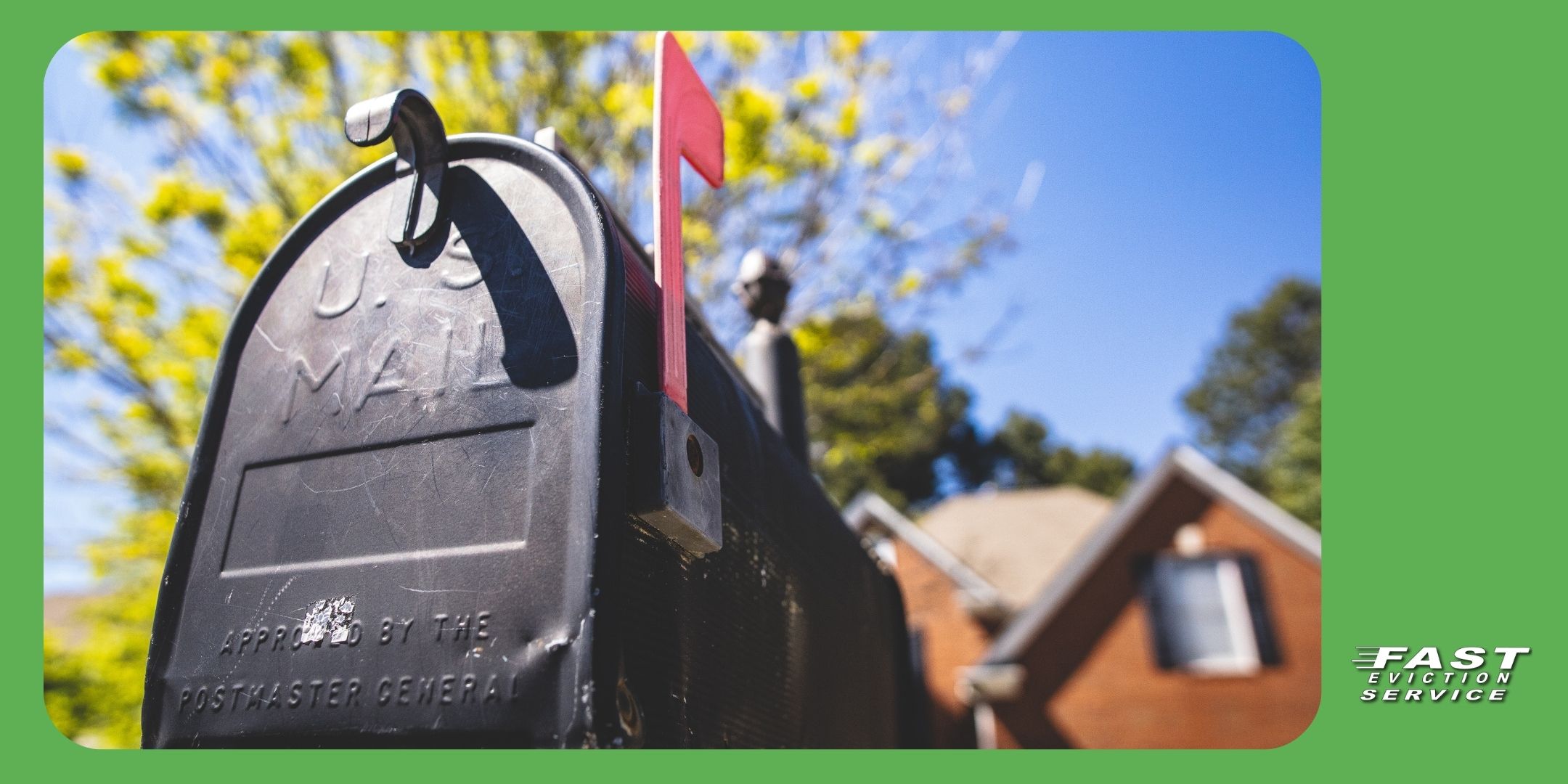Updated 9/6/24
In an important shift for California landlords and tenants, Assembly Bill 12 (AB 12) has been signed into law, bringing changes to how much landlords can charge for security deposits. The bill, which places new limits on security deposit amounts, is part of a broader effort to make housing more affordable and accessible in a state facing ongoing housing shortages and affordability crises. Understanding the details of AB 12 and how it impacts both landlords and tenants is essential for staying compliant with the new law.

This article will explore what AB 12 covers, how it affects landlords, and the key points that property owners should keep in mind moving forward. Since “AB 12 signed” marks a significant change in California’s rental landscape, it’s crucial for landlords to be aware of the implications.
What Is AB 12?
AB 12, signed into law by the Governor, specifically targets the amount landlords can require tenants to pay for a security deposit. Prior to AB 12, California law allowed landlords to collect up to two months’ rent for an unfurnished unit and up to three months’ rent for a furnished unit as a security deposit. AB 12 modifies these limits, capping security deposits at one month’s rent for both furnished and unfurnished units.
The goal of AB 12 is to reduce the upfront financial burden on renters in a state where the high cost of living and housing affordability are major concerns. By lowering the maximum amount landlords can charge for security deposits, AB 12 aims to make rental housing more accessible to lower-income renters and those struggling with high initial costs when moving.
How Does AB 12 Affect Landlords?
For landlords, the passage of AB 12 introduces new considerations when managing rental properties in California. Previously, landlords relied on larger security deposits to mitigate risk and cover potential damages or unpaid rent. With “AB 12 signed,” landlords must adjust their expectations and policies regarding security deposits.
While this reduction in deposit amounts may seem like a disadvantage, landlords still have other mechanisms for protecting their investments. Proper tenant screening, including credit and background checks, becomes even more critical under AB 12. With a lower security deposit, landlords must ensure they are renting to tenants with a strong history of responsible renting, financial stability, and care for rental properties.
Additionally, landlords may need to rethink how they handle potential damage to their properties. Since AB 12 limits the amount available for repairs after a tenant moves out, routine inspections and clear communication about property maintenance become even more important. Landlords should be vigilant in ensuring tenants understand their obligations regarding the upkeep of the rental unit throughout the lease term.
Key Provisions of AB 12
Now that AB 12 is signed, it’s essential to understand the key components of the law and how they impact landlords and tenants:
- Security Deposit Limits:
AB 12 restricts landlords to collecting no more than one month’s rent as a security deposit, regardless of whether the unit is furnished or unfurnished. This is a significant change from previous legislation, which allowed for up to two or three months’ rent, depending on the unit’s furnishings. - Applicability:
The new limits apply to all new rental agreements entered into after the law’s effective date. Landlords cannot retroactively apply the law to existing tenants, meaning current rental agreements that required larger deposits will remain valid until the lease term ends or is renewed. - Protections for Tenants:
AB 12 aims to help tenants, particularly those who are already struggling with high rents, by reducing the upfront costs associated with securing a rental property. This law is particularly beneficial for tenants with lower incomes or those moving into new areas with higher-than-average rents. - Landlord Adjustments:
To compensate for the reduced deposit, landlords may consider increasing their focus on tenant screening or purchasing landlord insurance policies to cover potential losses from property damage or unpaid rent. Additionally, landlords should revise their lease agreements to reflect the new security deposit limit.
Balancing Tenant and Landlord Needs
While AB 12 provides significant relief to tenants, landlords may find themselves needing to adapt to the new landscape. One of the key landlord concerns is that the reduced security deposit could leave them vulnerable to higher repair costs at the end of a tenancy. However, there are ways landlords can protect their investments without relying on large security deposits.
- Routine Property Inspections:
Conducting regular inspections during the lease term can help landlords identify potential issues early on and ensure that tenants are properly maintaining the property. Early detection of damage allows landlords to address problems before they escalate into costly repairs. - Lease Clauses:
Landlords should ensure that their lease agreements clearly define tenant responsibilities regarding property care. This includes outlining expectations for cleanliness, repairs, and general upkeep. Tenants should be made aware that failure to follow these rules could result in deductions from their security deposit or legal action. - Tenant Education:
Educating tenants on the importance of maintaining the rental property can help reduce the risk of property damage. Providing tenants with a move-in checklist and ongoing maintenance tips can improve the condition of the property and minimize disputes over the security deposit at the end of the lease.
The Impact of AB 12 on the Rental Market
With “AB 12 signed,” California’s rental market may see some notable shifts. In the short term, landlords might respond by becoming more selective in tenant screening or adjusting rental rates to offset the perceived risk of lower security deposits. However, in the long term, the law is expected to benefit tenants by reducing the financial barriers to renting.
For tenants who have historically struggled with the high upfront costs of securing a rental unit, AB 12 offers relief. With only one month’s rent required as a deposit, renters have more flexibility and financial breathing room, especially in expensive rental markets like Los Angeles, San Francisco, and San Diego.
Landlords, on the other hand, may need to recalibrate their financial strategies. Lower security deposits could mean relying more on rent collection and tenant retention as long-term strategies for ensuring profitability. Landlords may also turn to alternative forms of protection, such as lease guarantees, to offset the risk posed by the reduced security deposit cap.
The signing of AB 12 into law represents a significant change in how security deposits are handled in California. While the law aims to make housing more affordable and accessible for tenants, it also poses new challenges for landlords in protecting their properties.
Now that “AB 12 signed” is official, landlords must update their policies, revise lease agreements, and adjust to the new limits. By staying proactive with tenant screening, property maintenance, and legal compliance, landlords can continue to operate successfully in California’s evolving rental market.









